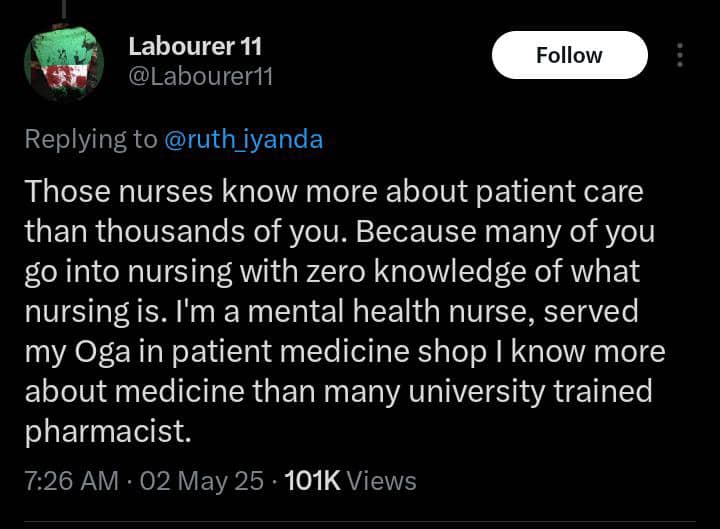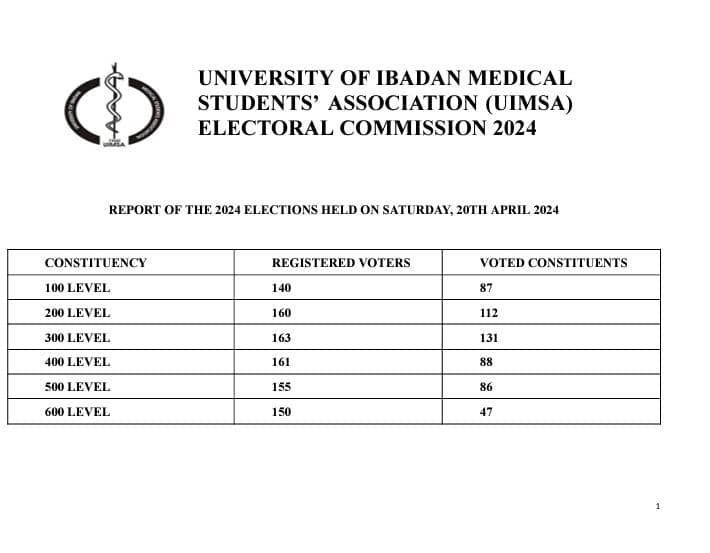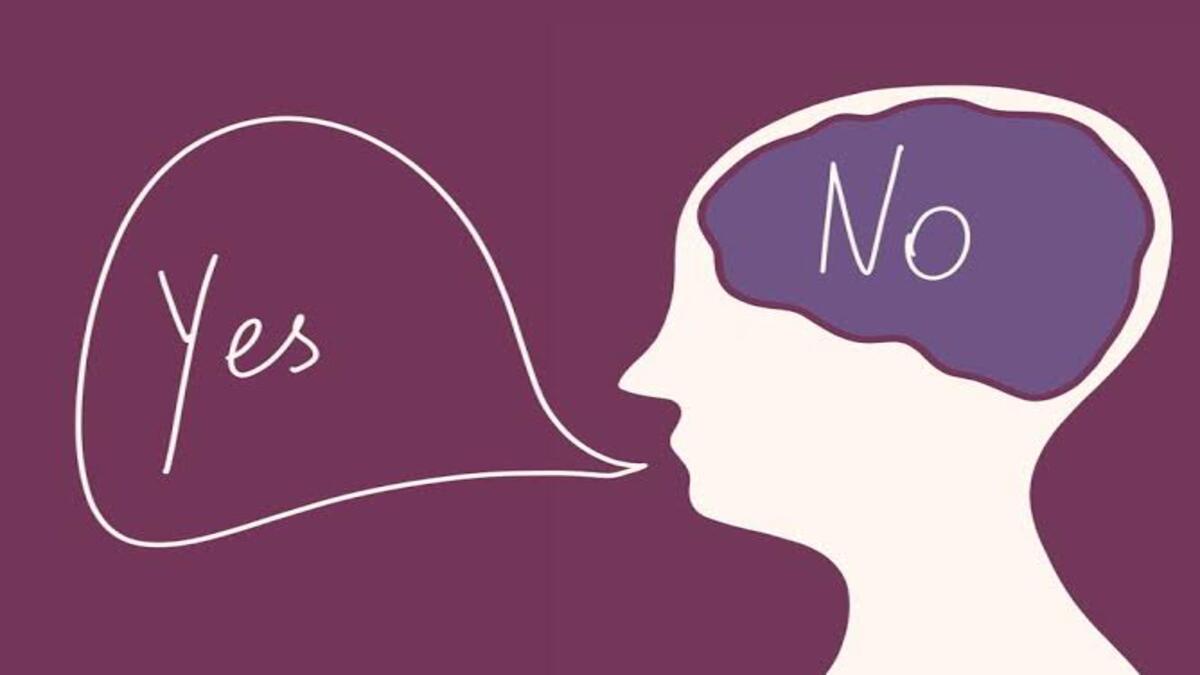MAN’S QUEST FOR APPELLATION: CURSE AND CONFLICT

What’s behind humanity’s fascination with names? Beyond their functional purpose, names hold emotional significance, sparking feelings of identity, ownership and sometimes, possessiveness. Although names may not be unique identifiers, many people feel a deep connection to theirs, often reacting strongly to others with the same name. This attachment might stem from cultural or personal associations, making names more than just labels. They become part of our sense of self. The emotional attachment to names can be seen in various aspects of life, from people feeling uneasy when someone else shares their name to the significance of names in cultural and historical contexts like the oríkì (traditional praise).
Some cultures believe that your name can influence your destiny. Otherwise, it might be a pointer to previous happenings. For example, the name of the capital city of Osun State, Òṣogbo, is formed from the phrase, ‘Ọ̀ṣọ́ Igbó’, which means ‘Guardian of the Forest. This was the name the lesser spirits serving the river goddess, Osun, used to calm her when one of her pots was broken by a tree felled by the founders of the land, Laaroye and Olutimehin, who were searching for a new home during the famine in Ijesaland. To appease her, they kept saying, “Ọ̀ṣọ́ Igbó, pẹ̀lẹ́ o. Ọ̀ṣọ́ Igbó, rọra o” (Guardian of the Forest, keep calm). A name like this gives insight into the history of Osogbo natives.
Conversely, names may signify rank. Such hierarchical appellations are designated to be titles; that is where man’s obsession comes in. One of the gravest mistakes a student can make is to call a lecturer who is a professor a doctor. ‘Tailor’ is deemed a local name for a fashion designer. ‘Barber’ or ‘hairdresser’ is a belittling name for a hair stylist. You must be careful not to get beaten up when you call a literate security officer a ‘gateman’. It may not look like a big deal to you, but it is to the person you ‘insulted’. It is this same desire for appellations that inspires some people to create their businesses or initiatives out of a desire to be their own bosses.
APPELLATION IN MEDICINE
Medicine is as hierarchical as it is prestigious. Many may even call it a cult. Oftentimes, seniors higher up the rank do not miss the chance to remind juniors that they are below them. To many, ward rounds are traumatic. You know that feeling when you move pus; sweat piles up on your forehead, you feel a lump in your throat and a sudden, strange wish for ground-entering adventures. Even among medical students, the hierarchy persists. Juniors complain about being belittled by their seniors. Some seniors make sport of being domineering because of their ‘wealth of experience’, and so the cycle continues.
You can already imagine the reactions when the Deputy Vice Chancellor (Administration), University of Ibadan, Professor Peter Olapegba and the Director General, National Institute for Policy and Strategic Studies (NIPSS), Professor Ayo Omotayo, said that only PhD holders should be regarded as doctors. Professor Olapegba further attributed the use of the title ‘Dr’ by physicians to a craze for titles. Right or wrong, it is clear that the professional and academic worlds do not take titles lightly.
In a world already diseased by title tussles, you can imagine how medical students and professionals alike will take students and professionals of other allied fields claiming the same name as them. Every week on social media, you will expect to see an argument between students of Medicine and Surgery and students of other courses like Pharmacy, Medical Laboratory Science, Veterinary Medicine, Physiotherapy and Basic Medical Sciences like Anatomy, Physiology and Biochemistry. Everyone studying a health-related course claims to be a medical student. To the writer of this article, students of Dentistry are also to be regarded as medical students since they go through a curriculum similar to what students of Medicine and Surgery are subjected to, but even that is often contested.

Last week, a student of Medicine and Surgery, @datMedez, lamented about the rigours of medical school on X. Another X user was quick to remind him that Physiotherapy students are also subjected to the 50% pass mark system and do not use the Cumulative Grade Point Average (CGPA). Although Medez responded politely, his replies to other comments indicated that he did not agree with the Physiotherapy student. What is so special about the ‘medical student’ title that it usually gets caught in arguments? Perhaps, prestige is the answer, but the craze around it means that its designation needs to be clarified. So now, who is a medical student?
According to Longman Dictionary, a medical student is someone pursuing a course to become a doctor of medicine. This definition invariably excludes students of allied health courses. However, this distinction does not diminish the importance of other professions. Holistic patient care relies on a multidisciplinary team that includes medical laboratory scientists, nurses, physiotherapists, pharmacists, dieticians and importantly, medical doctors. The existence of a hierarchy does not eliminate the need and benefits of collaboration between professionals from different fields. Although professionals in Basic Medical Sciences usually do not have contact with patients, they also contribute meaningfully to healthcare through research, which can influence clinical practices.
The onus, therefore, lies on the leaders of the hierarchy to foster mutual respect and inclusivity across fields to maintain a healthy professional environment.
WHERE THE DANGER IS (QUACKS a.k.a AUXILIARY HEALTHCARE WORKERS)
There are quacks in all professions, but seldom are they as open as those in healthcare. Quackery in healthcare is now normalised in Nigeria. Rather than going to school to study, some people undergo apprenticeship programmes under bosses and are awarded degrees in Auxiliary Nursing or Auxiliary Medicine. It is obvious what such people become—peddlers of wrong health information and underground serial killers. What is more surprising is the brevity with which our auxiliary siblings argue with actual professionals.

An argument broke out on X recently when an auxiliary mental health nurse who served her Oga in a ‘patient’ medicine shop claimed to know more than university-trained pharmacists. After auxiliary healthcare workers complicate the condition of patients, the responsibility falls on the university-trained professional who knows less than an Oga-trained specialist to rectify the mistakes of his or her senior in knowledge. It is disheartening to see these debates persist. The government should establish and enforce stricter regulations in healthcare to protect patients and uphold professional standards, holding unqualified practitioners accountable.
CONCLUSION
Appellations are significant, but their use requires distinction to avoid confusion. In healthcare, medical doctors often lead teams, but a clear hierarchy should not overshadow the importance of fostering healthy relationships and mutual respect among professionals from diverse fields. This collaboration is crucial for delivering holistic patient care and maintaining a positive work environment. Ultimately, we are more than our titles; we are individuals with unique experiences, values and contributions. Beyond our professional labels, we are complex human beings, deserving of respect, understanding and empathy.



